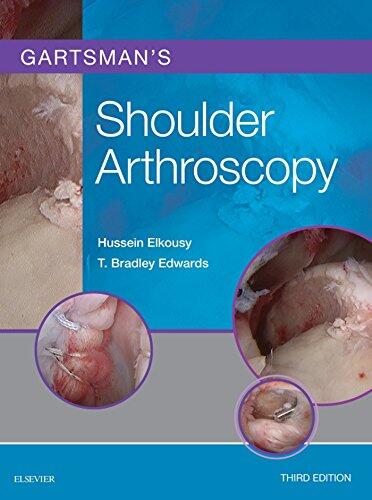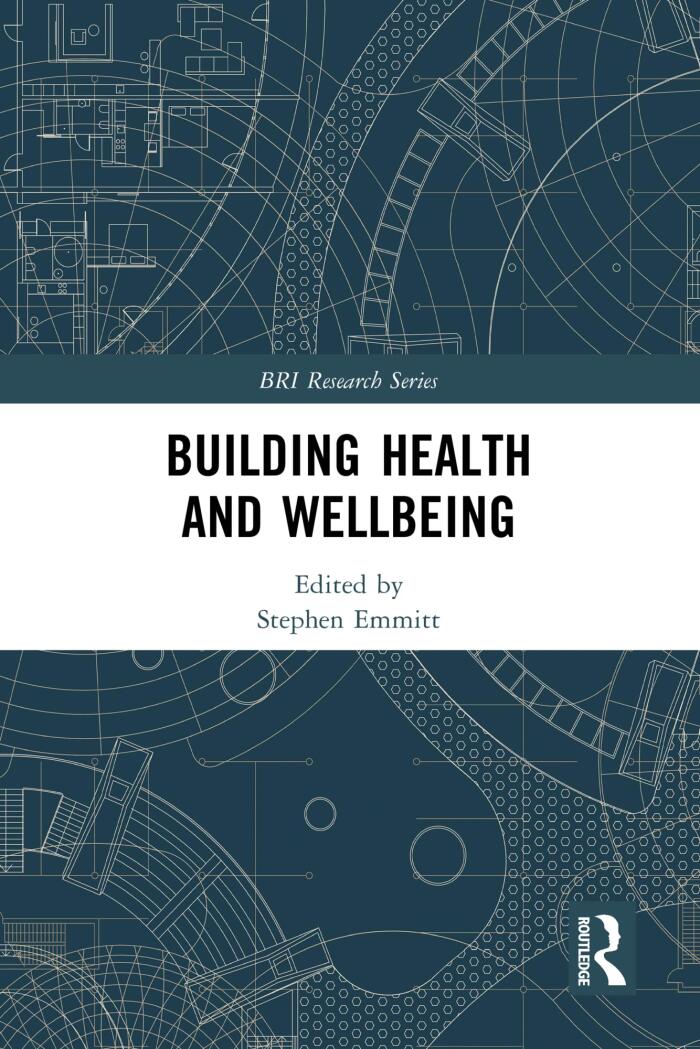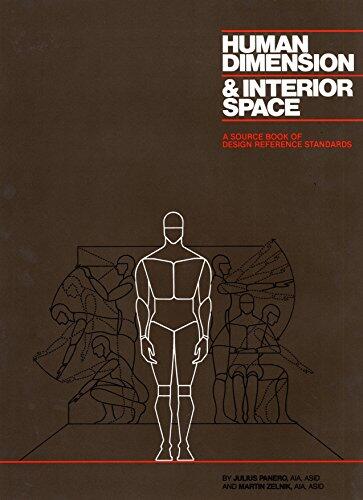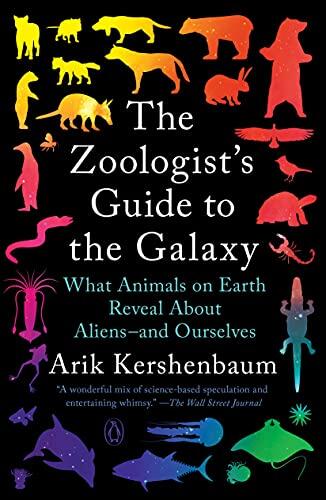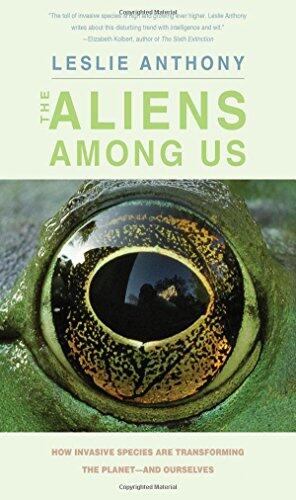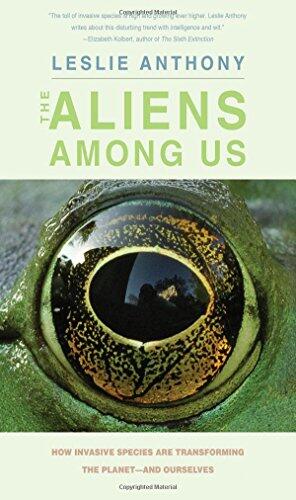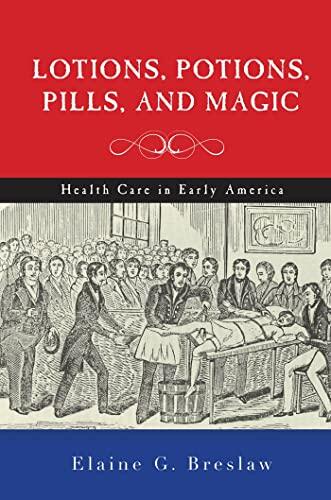
Lotions, Potions, Pills, and Magic: Health Care in Early America
아직 평점이 없습니다
Health & Wellness
형식
페이퍼백
페이지
251
언어
영어
출판됨
Mar 1, 2014
출판사
NYU Press
판
Reprint
ISBN-10
1479807044
ISBN-13
9781479807048
설명
Set against the backdrop of early America, this exploration delves into the fascinating world of health care practices that shaped the lives of countless individuals. Through a rich tapestry of anecdotes and historical context, the narrative unveils how the convergence of traditional remedies, herbal lore, and the burgeoning field of medicine influenced the health of communities during this pivotal era.
The author, Elaine G. Breslaw, skillfully illuminates the interplay between various medical practices, including folk traditions and burgeoning scientific approaches. Readers are introduced to a myriad of characters, from itinerant healers to early physicians, revealing the diverse and often conflicting ideas about health that coexisted during this time. The vivid accounts of diseases and their treatments offer insight into both the struggles and ingenuity of early Americans in their quest for well-being.
This work not only encompasses the physical aspect of medicine but also addresses the cultural and social implications of health care practices. It details how societal norms, class structures, and gender roles influenced access to medical assistance, highlighting the importance of understanding health in a broader societal context.
Ultimately, the book serves as a compelling reminder of the resilience and resourcefulness of early American society in navigating their health care challenges. Through Breslaw's thorough research and engaging storytelling, readers gain a deeper appreciation of the foundations of health care as we know it today.
The author, Elaine G. Breslaw, skillfully illuminates the interplay between various medical practices, including folk traditions and burgeoning scientific approaches. Readers are introduced to a myriad of characters, from itinerant healers to early physicians, revealing the diverse and often conflicting ideas about health that coexisted during this time. The vivid accounts of diseases and their treatments offer insight into both the struggles and ingenuity of early Americans in their quest for well-being.
This work not only encompasses the physical aspect of medicine but also addresses the cultural and social implications of health care practices. It details how societal norms, class structures, and gender roles influenced access to medical assistance, highlighting the importance of understanding health in a broader societal context.
Ultimately, the book serves as a compelling reminder of the resilience and resourcefulness of early American society in navigating their health care challenges. Through Breslaw's thorough research and engaging storytelling, readers gain a deeper appreciation of the foundations of health care as we know it today.
